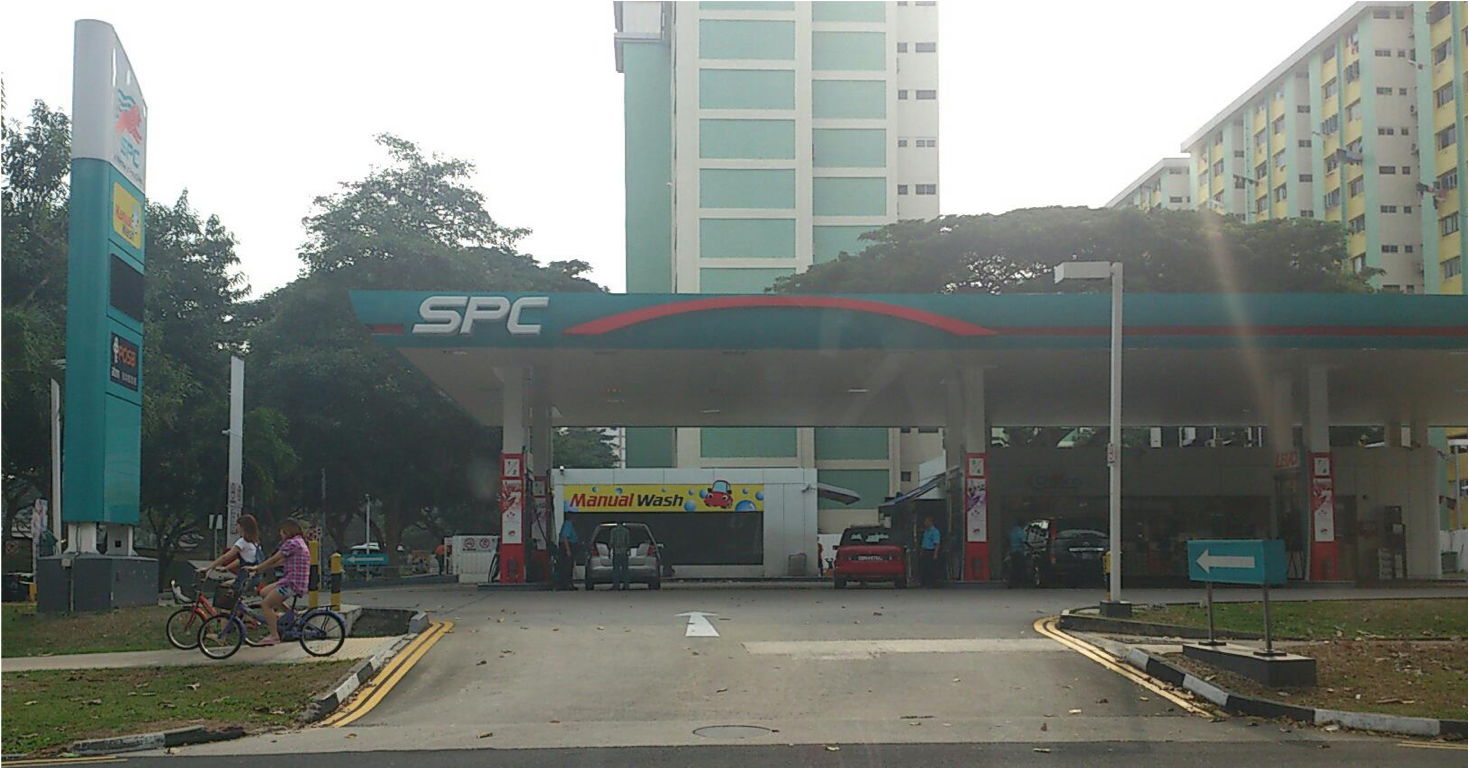Singapore's petrol prices have been falling as a result of the global fall in the price of crude oil worldwide, but not proportionally because of taxes, duties, land costs, operational and refining expenses.
This was shared by Senior Parliamentary Secretary for Trade and Industry Tan Wu Meng, who said in Parliament in response to a question from Nee Soon MP Lee Bee Wah that more than 75 per cent of the fall in crude oil prices was reflected in at least one type of fuel.
S$0.20 drop for Octane 95
Tan said that between Jan. 2 and Mar. 9, the Brent crude price fell from US$66 (S$95.42) to US$34 (S$49.16) a barrel.
If this price decrease was fully mirrored in retail petrol prices, then it would have dropped by S$0.26 per litre.
In the example of Octane 95, Tan said it fell by S$0.20 per litre, with a "slight lag" of six days.
This represents a pass-through of over 75 per cent of the drop in price of crude oil.
He also cited a 2017 study conducted by the then-Competition Commission of Singapore, which said that a pass-through of around 70 per cent for price drops and rises is typical.
In other words, the petrol prices are falling at a rate expected by the government.
Well-informed consumers help deter unreasonable pricing decisions
Lee had asked if the Ministry of Trade and Industry would implement measures to ensure petrol companies adjust prices so that they will be proportional to the global trends in falling prices.
In response, Tan said also that the Consumers Association of Singapore started Fuel Kaki, a price comparison website for retail petrol.
He said as retail petrol prices are determined by the market, well-informed consumers help to deter unreasonable prices set by companies.
"The government will continue to ensure well-functioning competitive markets, and empower consumers to make informed decisions."
Related article:
Top image from Red Bull Singapore Facebook.
If you like what you read, follow us on Facebook, Instagram, Twitter and Telegram to get the latest updates.
